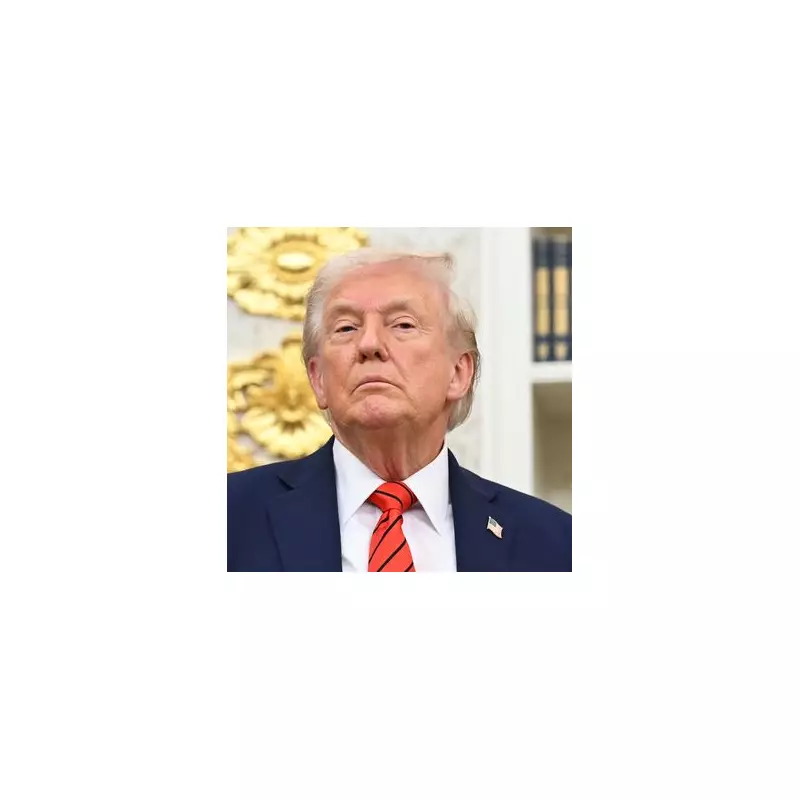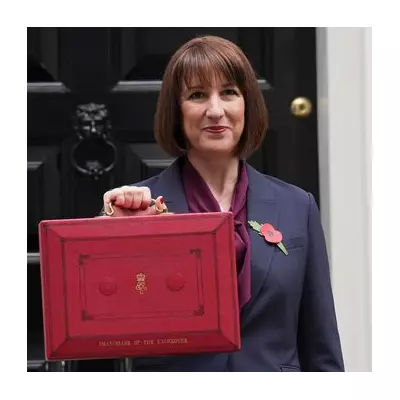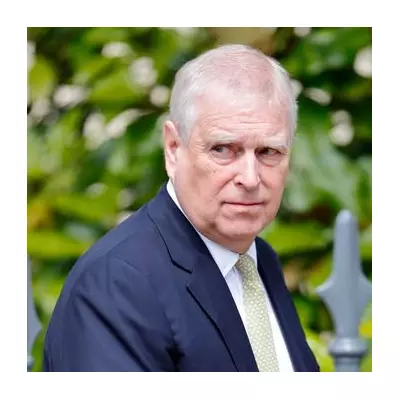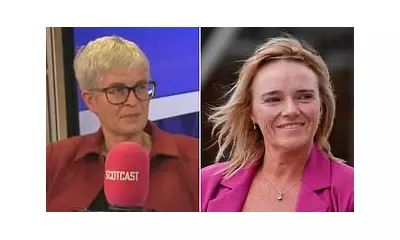
In a stunning political revelation that's sent shockwaves through diplomatic circles, former US President Donald Trump has claimed he was on the verge of securing a landmark peace agreement between Russia and Ukraine during his presidency.
The Almost-Deal That Never Was
Speaking exclusively to British journalist and former UKIP leader Nigel Farage, Trump disclosed that he had prepared what he believed would be a successful peace settlement to end the ongoing conflict. "I had a deal ready to go," Trump revealed, suggesting the agreement would have prevented the devastating full-scale invasion that followed two years later.
European Intervention: The Unexpected Obstacle
According to Trump's account, the deal collapsed not due to resistance from Moscow or Kyiv, but from an unexpected quarter: European leaders. "The European leaders begged me - don't do it, please don't do it," Trump claimed during the interview. This startling admission raises profound questions about international diplomacy and the complex web of alliances surrounding the Ukraine conflict.
NATO Funding Controversy Resurfaces
The revelation comes amid ongoing controversy surrounding Trump's position on NATO. The former president recently caused international alarm by suggesting he would "encourage" Russia to attack NATO members who fail to meet defence spending targets. This statement drew sharp criticism from current President Joe Biden, who labelled the comments "dangerous" and "un-American."
Diplomatic Fallout and Future Implications
Trump's claims about the abandoned peace deal have ignited fresh debate about:
- The potential for earlier conflict resolution
- The role of European powers in Ukraine negotiations
- The future of US foreign policy under a potential second Trump administration
- NATO's cohesion in the face of political uncertainty
As the 2024 presidential election approaches, these revelations add another layer of complexity to an already volatile international landscape, leaving diplomats and policymakers grappling with what might have been - and what could still be.





